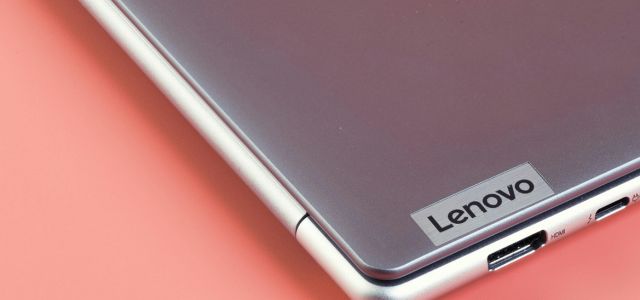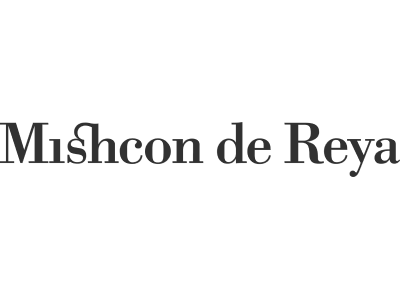Four weeks after hearing five days of argument, the Court of Appeal delivered a 90-page decision in InterDigital v. Lenovo, dismissing most of the grounds of appeal and cross-appeal.
The only significant issue on which the Court of Appeal disagreed with the trial judge concerned his extrapolation, to Lenovo’s circumstances, of the most comparable licence (LG 2017). Mellor J had determined that the consideration received under LG 2017 had been modestly suppressed by LG’s “hold out” but used that rate as the starting point for his extrapolation to Lenovo’s circumstances. Confusingly, he later described LG 2017 as embodying fair, reasonable, and non-discriminatory (FRAND) terms in his form of order judgment.
Arnold LJ conducted a detailed analysis of this inconsistency, with which Birss LJ agreed (noting that a possible explanation was the length of time it took to prepare the judgments). The Court of Appeal increased the LG 2017 rate to a rate they estimated would have been FRAND and then extrapolated from that starting point to Lenovo’s circumstances. With extra interest included, the total award to InterDigital will be increased to approximately $240m.
The Court of Appeal refused permission to appeal to the Supreme Court, but it remains to be seen whether either party will make a direct application.
Facts and figures
InterDigital began proceedings against Lenovo for infringement of five patents in August 2019, after 11 years of prior negotiation. After the patent in the first technical trial was found valid and essential, InterDigital was entitled to an injunction, subject only to the undertakings it had given to ETSI to offer implementers a license of its standard essential patents on FRAND terms.
The parties were far apart on what was FRAND. InterDigital’s last offer was a lump sum of $337 million for a six-year license and a release for past sales (equivalent to a blended rate of $0.498 per device). Lenovo’s last offer was for a lump sum payment in a range for the same period, with the midpoint being approximately $80 million.
Following the FRAND hearing, Mellor J found that a lump sum payment of $138.7 million was FRAND, equating to about $0.175 per device sold by Lenovo during the whole period of sales, with interest at 4% per annum, compounded quarterly. The total sum Lenovo was ordered to pay was $184.9m.
The Court of Appeal decided that Mellor’s J blended rate was too low and adjusted it to $0.225 per device, meaning the lump sum award increased to $178.3m. The Court of Appeal awarded interest on the same basis as Mellor J and asked the parties to work out the amount.
Issues before the Court of Appeal
Internal Inconsistency
InterDigital’s principal ground of appeal was that the adjustment from LG 2017 to Lenovo’s circumstances was performed incorrectly. Mellor J had found that the consideration under that license had been influenced by “hold-out” because, at that time, most parties doubted recovery of damages for sales made more than six years before proceedings were commenced. This gave implementers an incentive to “hold out” and pressure SEP owners to agree to more favorable licensing terms. As Mellor J found that the terms of LG 2017 had been affected in this way, a license, based on a translation of its terms to Lenovo’s circumstances, could not have been FRAND either.
Arnold and Birss LJJ considered that the judge had made reasonably clear findings that LG 2017 had been impacted by non-FRAND effects. However, in his calculations, he had treated LG 2017 as if it were FRAND, which meant that the starting point for translating to Lenovo’s circumstances was too low. The Court of Appeal estimated that a FRAND rate under LG 2017 would have been about $0.30 per device. Adjusting this rate to Lenovo’s circumstances, using a very slightly different factor to that used by the trial judge, resulted in a FRAND rate for Lenovo of $0.225 per device.
Lenovo’s cross-appeals
The Court of Appeal rejected Lenovo’s argument that it was wrong to require it to pay royalties on sales made outside the limitation period. It confirmed that limitation periods should not be taken into account because, in order to avoid an injunction, an implementer gives an undertaking to the court to accept the license terms that the court determines would be negotiated as FRAND between a willing licensor and a willing licensee, and a willing licensee would not refuse to pay a royalty on all of its sales. Accordingly, a claim for payment of FRAND consideration for a SEP license is not a claim for damages for patent infringement.
Finally, the Court of Appeal rejected Lenovo’s appeal against the award of interest for the same reason, namely that a willing licensee would not refuse to pay interest on sums that it paid late.

Written by Justin Lambert
Of Counsel, Mishcon de Reya
You may also like…
Pravin Anand conferred with the APAA Enduring Impact Award
Pre-eminent IP Lawyer and Managing Partner of Anand and Anand, Mr Pravin Anand, has been conferred with the...
The quiet power of confidentiality clubs in SEP litigation
In standard essential patent (SEP) disputes, especially those involving FRAND (Fair, Reasonable, and...
A $10 million patent win reduced to a $1 lesson in damages
In a decision that will resonate as a stark warning to patent litigants, the US Court of Appeals for the Federal...
Contact us to write for out Newsletter














